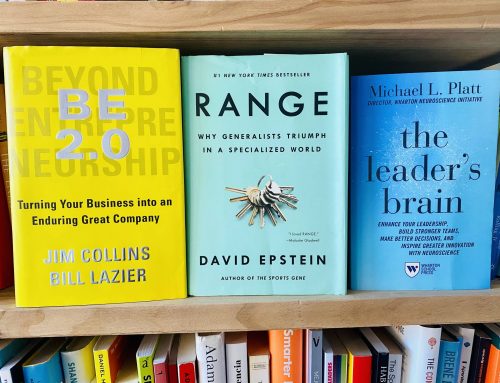The value that a person brings to a meeting is not their participation, it is their contribution.
Participation involves using other people’s time.
Contribution involves adding value to others.
Participating requires the willingness to share.
Contributing requires the willingness to share and contribute.
We’ve all been in a meeting or class where one person constantly monopolized the conversation. The funny thing is that we have never been that person, right? (irony).
Participating is not easy because it requires the willingness to share. Contributing goes one step further, as it requires sharing AND adding value.
There are people who participate a lot and do not contribute anything (they are called “time hogs”). Although it is not an easy task if you are the meeting leader, this is an easier profile to manage than the opposite: the “potatoes”, those who neither participate nor contribute. And before criticizing them, we must first ask ourselves why they are not doing it and what we can do to reverse this.

And bear in mind that there are people who do not participate, but contribute a lot. They’re usually introverted people who are great observers and who prefer to collaborate asynchronously so they have more time to put together their thoughts. i.e: the person who doesn’t say anything to you in the meeting, but three hours later sends you a long email with their ideas, which are usually very accurate, precisely because they spent more time thinking about them.
The job of a good facilitator is to make the committed participants visible, to put limits to the time hogs, to give space for reflection to the asynchronous collaborators, and to make sure that everyone is asked, whether synchronously or asynchronously.
And no less important, meetings are not a demonstration of competence. We often participate and don’t contribute because we think it is necessary to tell others what we are doing, since it is the way in which they will validate our competence (otherwise it might seem that we are not doing anything…). It is not necessary to tell everything we are doing and we don’t have to contribute in everything that is discussed. Recognizing when we have nothing to add is a sign that there is trust in the team.







Leave A Comment